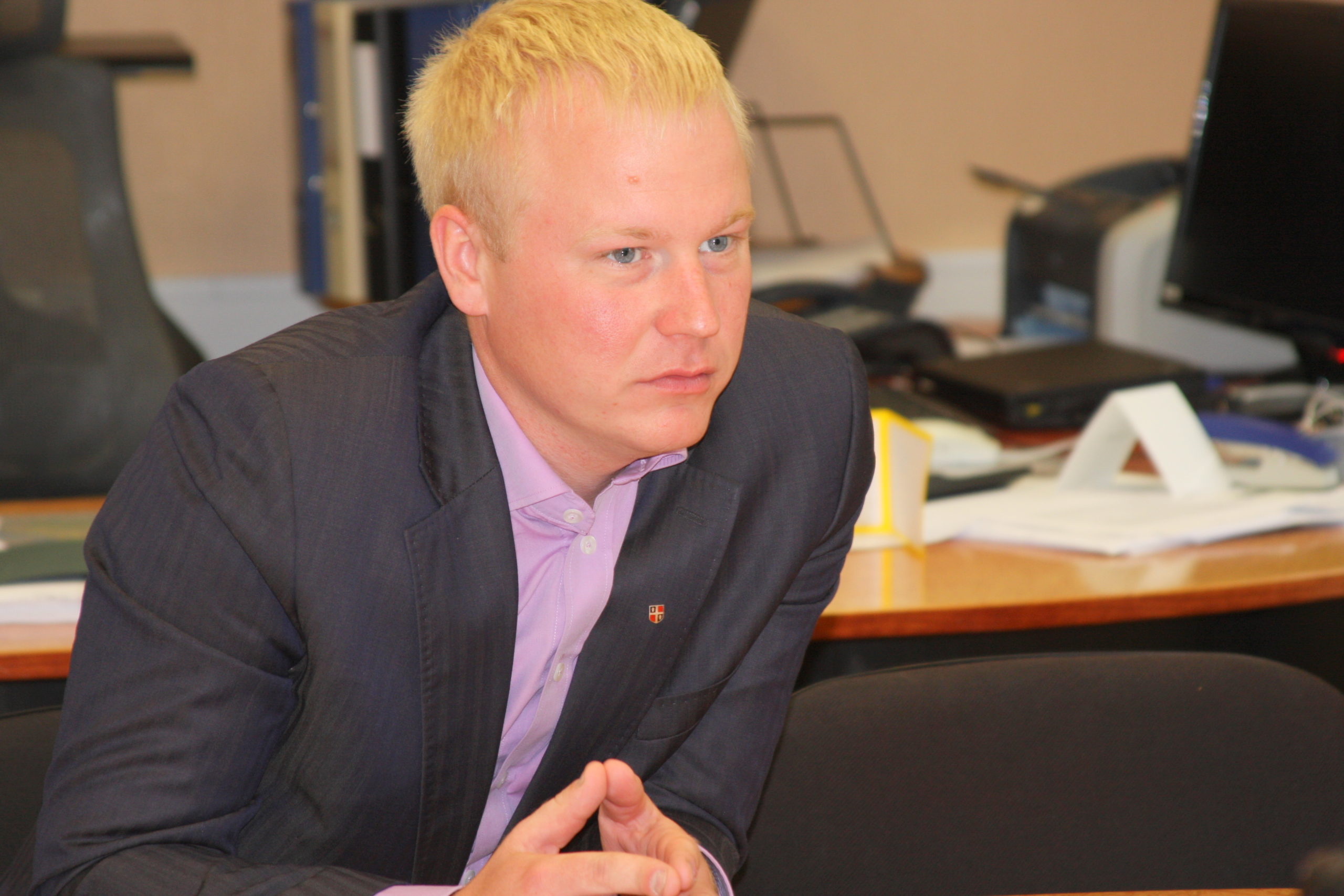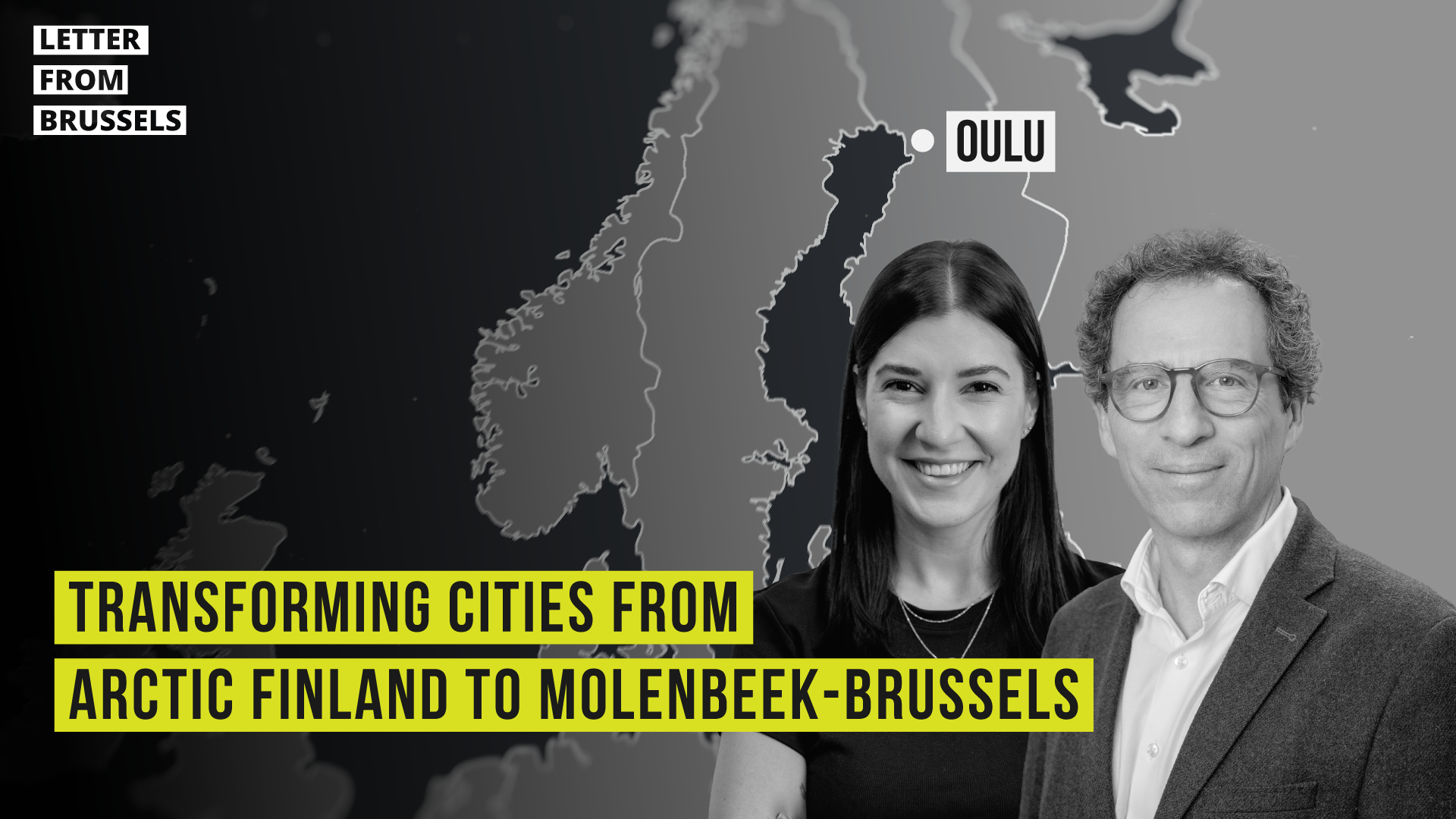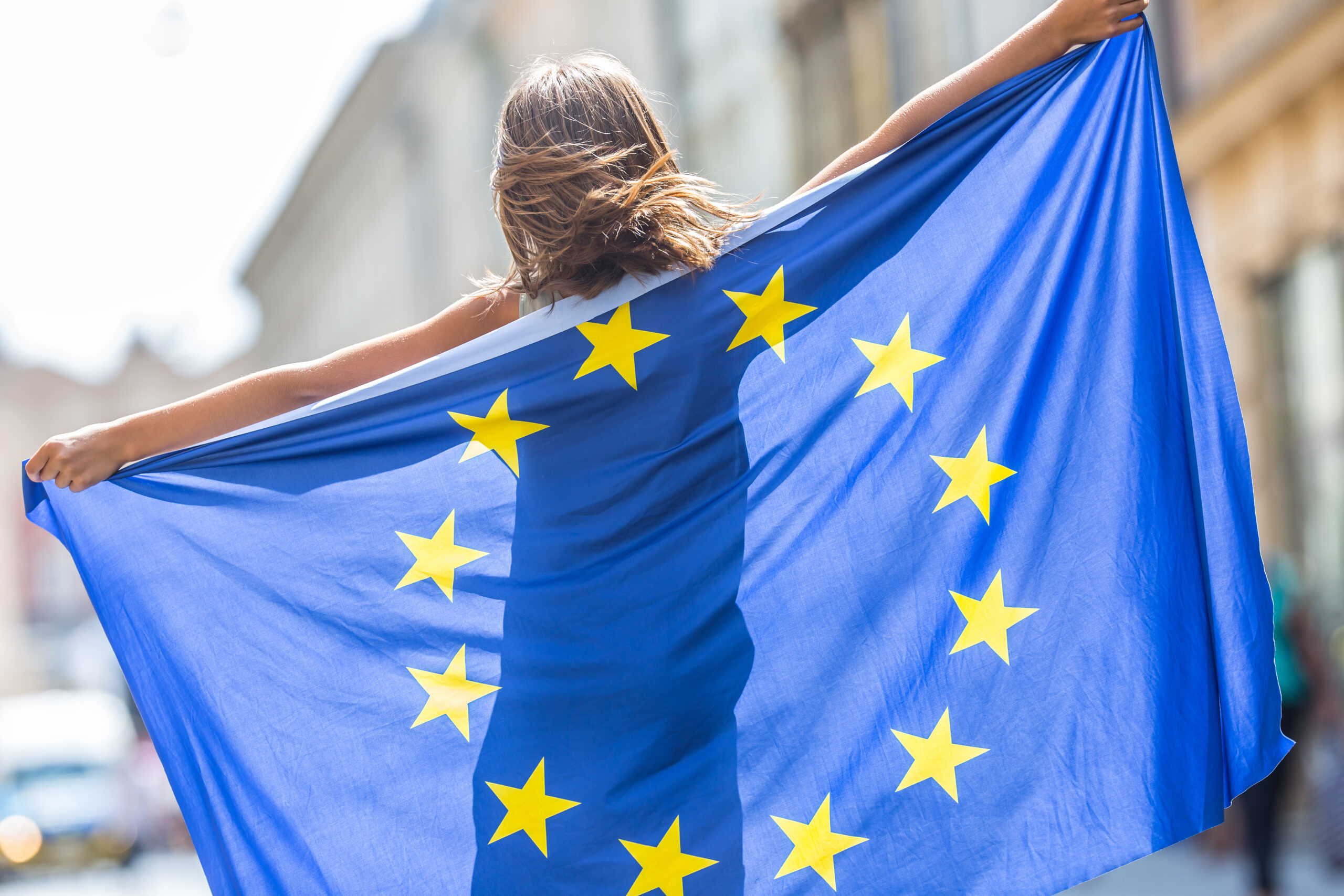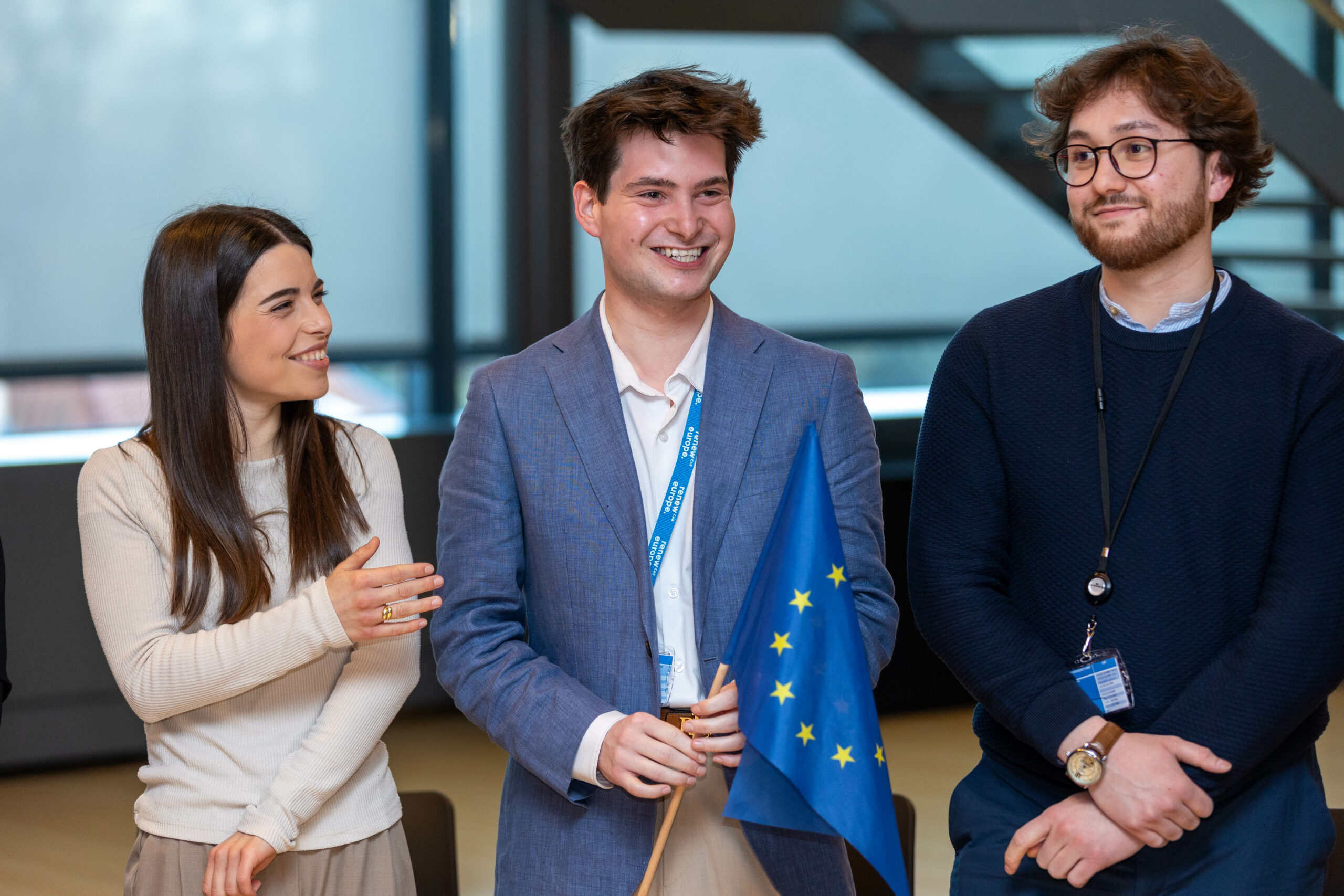“Today it is possible to use smart solutions and artificial intelligence, which regularly monitor the various technical systems of the building and optimize them as needed. It also provides realistic data on the energy consumption of a building. The development of one such start-up is taking place in Estonia and has been successfully implemented on multi-story office buildings today, and the savings in money and energy are significant, including the improved indoor climate of the building” says Mart Vorklaev during a debate on the role of cities and regions in the green recovery and energy transition towards climate neutrality with European Commissioner for Energy Kadri Simson.
Vorklaev:
In order to achieve the goals of the renovation wave and the green deal, I call for stricter control mechanisms to be put in place for real energy consumption, but doing so cleverly, without bureaucracy for businesses and citizens and, in the end, also saving users money.
Vorklaev addressed the need to focus not only on rebuilding and insulating buildings in order to achieve energy efficiency and climate goals but to take in mind and set our goals for smart solutions that can be used in the management of buildings later on.
I suggest that when constructing new buildings or renovating existing ones, we not only monitor the energy class of the building during its design, but also later during use. The actual energy consumption during the operation of large office, commercial and industrial buildings depends to a large extent on the knowledge, skills and habits of both their managers and users. The buildings are full of a variety of complex system-heating, vent, etc. that all consume energy.
“Today it is possible to use smart solutions and artificial intelligence, which regularly monitor the various technical systems of the building and optimize them as needed. It also provides realistic data on the energy consumption of a building. The development of one such start-up is taking place in Estonia and has been successfully implemented on multi-story office buildings today, and the savings in money and energy are significant, including the improved indoor climate of the building”
Commissioner Kadri Simson also warned that the green recovery plans will only succeed with cities and regions fully on board at the European Committee of the Regions’ Commission for the Environment, Climate Change and Energy (ENVE) during their debate focused on the energy aspects of the EU’s recovery, including the role of renewables, energy efficiency and clean transport to move the green recovery forward. The ENVE-commission wants to ensure that cities and regions are at the core of the EU’s recovery strategy and guarantee that COVID-19 recovery plans translate into green and sustainable projects in every territory. During the debate Mart Vorklaev supported European Commissioner’s Simson offer for a permanent dialogue to members of the European Committee of the Regions to ensure the active participation of regions and cities in this necessary initiative





